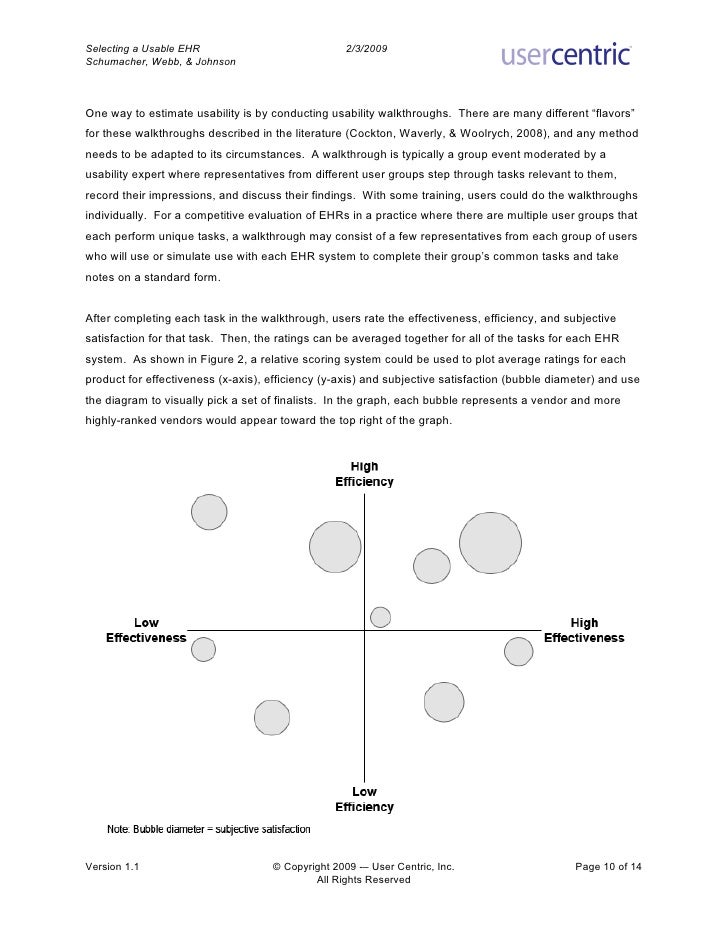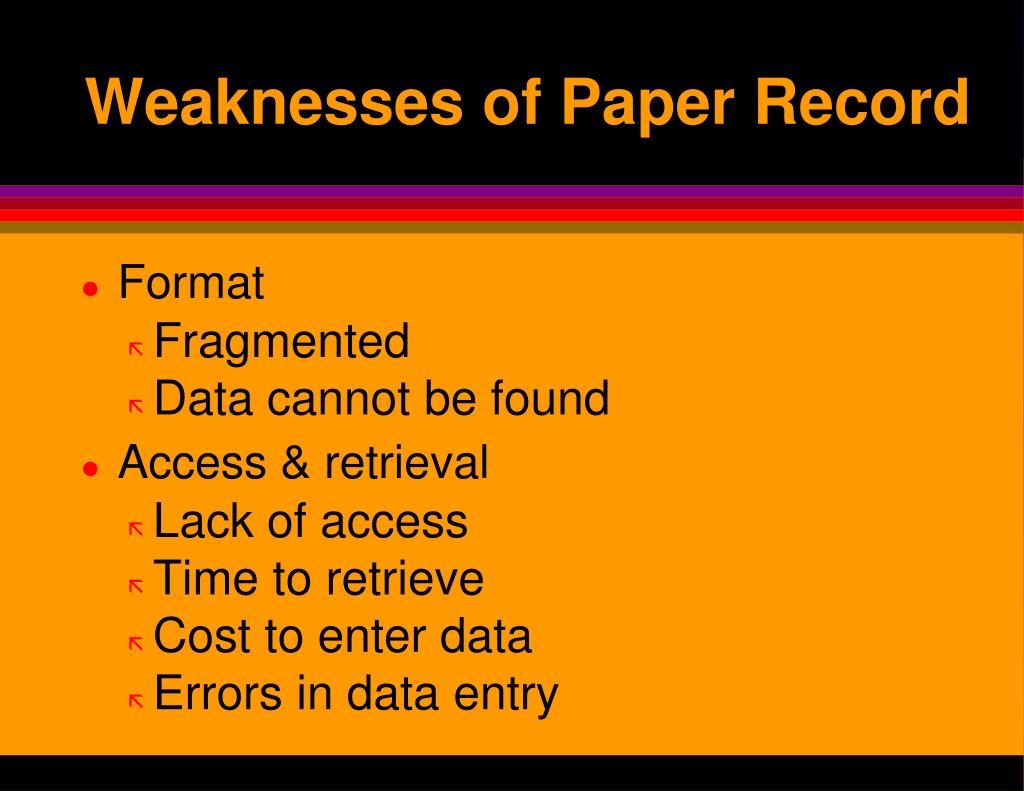Medical record number (mrn): an organization specific code used as a systematic documentation of a patient’s history and care during a hospital stay. national council of state boards of nursing id (ncsbn id): a unique identifier automatically generated for each registered nurse and licensed practical/vocational nurse, freely available via the. Standardized nursing terminology use in electronic health records in minnesota randy j-c huard1 and karen a. monsen2 1st. cloud state university, department of nursing science, school of health and human services, st. cloud, minnesota, united states 2university of minnesota of minnesota, school of nursing, minneapolis, minnesota, united states email. rjhuard@stcloudstate. edu.
Nursingterminologies define and code concepts in an organized way to represent nursing (ana, 2018). interoperability of data and information in electronic health record systems is of critical importance to achieving the quadruple aim of healthcare: better care, improved population health, decreased healthcare costs, and clinician. The academy's electronic health record (ehr) toolkit is a reference tool for use by nutrition and dietetics practitioners as they and their institutions work to integrate the nutrition care process and terminology into ehrs. this collection of resources provides tailored assistance depending upon a practitioner’s responsibility or point in. Benefits of terminology lists and classification systems. nurses who are well-versed in these lists and systems can obtain and interpret systematic data from an electronic health record (ehr), for example, without needing clarification from an external source.
Terminology Use In Electronic Health Records Basic
Although the electronic health record (ehr), previously known as the electronic medical record (emr), is frequently cited in the literature, there is no consensus about the definition. however, there is consensus that emrs can reduce several types of errors, including those related to prescription drugs, to preventive care, and to tests and. Jul 28, 2020 · hospitals had emergency department systems, laboratory systems, pharmacy systems and specialty systems that were typically loosely integrated. electronic medical record systems nursing terminologies ambulatory care providers had a mishmash of processes to support documentation and electronic billing, but lacked basic capabilities expected of today’s electronic health records.
Learn nursing informatics with free interactive flashcards. choose from 500 different sets of nursing informatics flashcards on quizlet. In the context of health care, the term data standards encompasses methods, protocols, terminologies, and specifications for the collection, exchange, storage, and retrieval of information associated with health care applications, including medical records, medications, radiological images, payment electronic medical record systems nursing terminologies and reimbursement, medical devices and monitoring systems, and administrative processes.
Identifying challenges and opportunities within standard nursing terminologies 6 communicate similar meaning across systems (westra, delaney, konicek, & keenan, nursing standards to support the electronic health record. 2008). Electronichealthrecordsystems depend on interface terminologies for successful implementation in clinical settings because such terminologies provide the translation from the individual clinician’s own natural language expressions into the more structured representations required by application programs. Nykänen p, kaipio j, kuusisto a. evaluation of the national nursing model and four nursing documentation systems in finland—lessons learned and directions for the future. int j med inform. 2012;81(8):507-20. phillips w, fleming d. ethical concerns in the use of electronic medical records. mo med. 2009;106(5):328-33. Electronichealthrecords (ehrs) are a cost-saving and environmentally friendly means for documenting patient care and improving patient safety, quality, and evidence-based practice. standardized clinical classification systems and terminologies are essential ingredients of the ehr. their selection.
The american nurses association recognized the omaha system as a standardized terminology to support nursing practice in 1992. in 2014, minnesota became the first state to recommend ana-recognized point-of-care terminologies be used in all electronic health records (ehrs). hematology human anatomy internal medicine kinesiology medical lives medical phenomenology medicinal and aromatic plants medicine medicine medicine guides neuropsychology nursing ophthalmology orthopedics pediatrics pharmacology physiology pregnancy psychiatry radiology reproduction safety sensory system sex & gender sexology sexuality skin stem cell debate communications mathematics mathematics basic skills medical assistant medical records medical terminology millwright motorcycle/moped driver natural science nursing office systems tech photography physical education plumbing production agriculture reading
All health care settings should create a plan for implementing an ana recognized terminology supporting nursing practice within their ehr. each setting type should achieve consensus on a standard terminology that best suits their needs and select that terminology for their ehr, either individually or collectively as a group (e. g. ehr user group). This standardized terminology is a leader among its peers in meeting the stringent criteria necessary for full integration and interoperability in electronic health records. one of the first clinical nomenclatures to be developed, the omaha system is a research-based and provides interoperability and communication across the continuum of. Electronicmedicalrecords (emrs) were developed to standardize documentation, prevent errors, promote concise charting, and have a way of storing medical records long-term while having a straightforward way to retrieve them. however, emrs come with both pros and cons when utilized in an organization.
Figure. electronic health records (ehrs) are consistently used electronic medical record systems nursing terminologies by external organizations to track the quality of care provided based on the information documented in the medical record, which affects hospital accreditation and reimbursement. 1 however, there's concern that technology may cause some patients to feel as if nurses and other practitioners are documenting for the institution. 8. when using electronic medical records (emr), the nurse knows that the emr: a. holds the documentation of a single episode of care. b. is a longitudinal record of care for each patient. c. is widely used for individual health care encounters. d. includes progress notes for all disciplines. A standardized nursing terminology or the standardized nursing terminologies? the development of snts proceeded rapidly through the late 1980s and into the1990s. nursing is a very broad field. most nurses practice in hospitals, but many engage in practice home health, office nursing, community nursing, occupational nursing. Advanced. terminology systems standardized terminology also called “controlled terminology” structured and controlled languages developed and approved by an authoritative body healthcare terminology standards designed to enable and support interoperability and information sharing essential to the widespread implementation of ehrs standardized terminology consistsof nursing concepts that.
Informatics And The Future Of Nursing Harnessing The
Purpose: the purpose of this study was to describe and evaluate whether nurses have documented patient care in compliance with the national nursing documentation model in electronic health records, which means the use of the nursing process and the use of standardized terminology in different phases of the nursing process. methods: the data were collected from a central hospital in 2003-2006. Further, workload measures, acuity systems, and other nursing department systems are online and integrated with the hospital or patient's ehr system or in separate nursing department systems. the internet is being used by nurses to access digital libraries, online resources, and research protocols at the bedside. Medical device communication to other information systems/technologies push communication of vital signs from medical devices remote patient monitoring to support chronic condition management, patient education, and patient engagement. A 2004 executive order called for a national health information network and the widespread adoption of electronic health records (ehrs) by 2014. while there are numerous standards influencing the exchange of health data, the primary focus of this article is to synthesize the state-of-the-art in nursing standardized terminologies to support the.
Electronic health record data governance and data quality in.
The medcin ® clinical knowledgebase is a standardized point-of-care terminology intended for use in electronic health record systems. the ccc is an ana recognized nursing terminology. mesh terms continuity of patient care / standards*. Apr 20, 2017 · nursing clinical practice (point-of-care systems and clinical information systems) work lists to remind staff of planned nursing interventions computer generated client documentation electronic medical record (emr) and computer-based patient record (cpr) 34.


The complete record of an electronic medical record systems nursing terminologies individual's healthcare from many sources that is created and gathered cumulatively from more than one healthcare agency. what information in it is accessible and to whom is determined by the individual whose health it records. this term is often erroneously used to mean an electronic medical record.